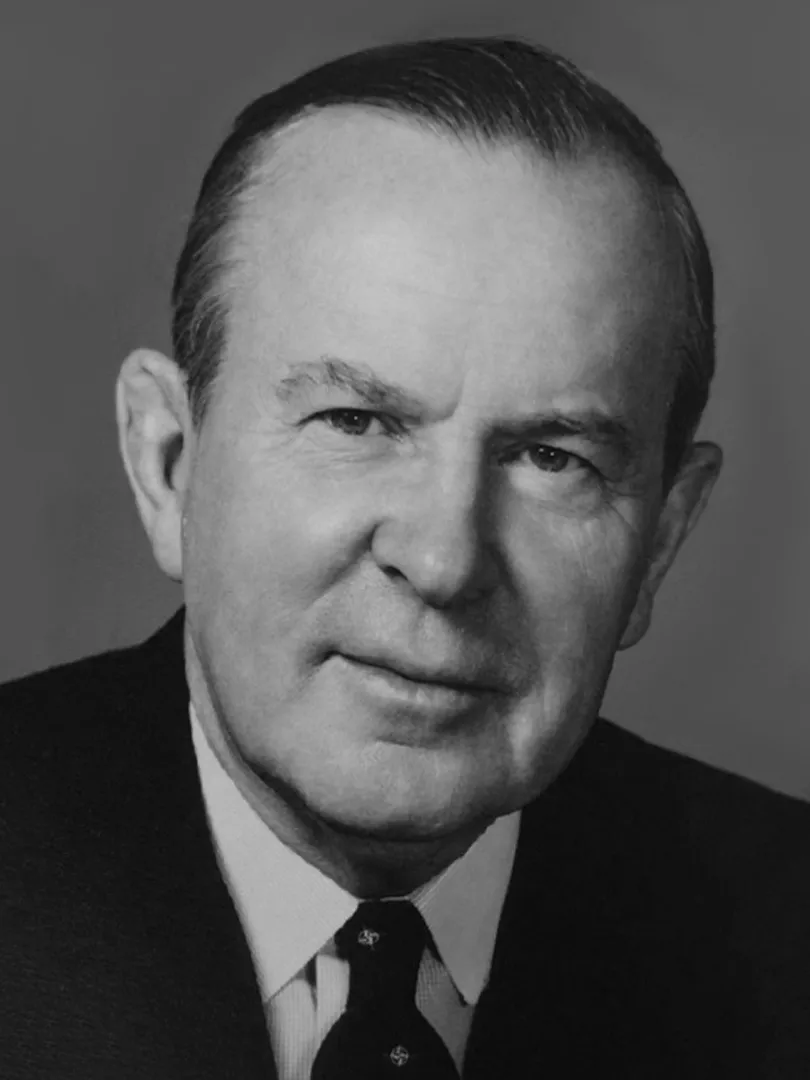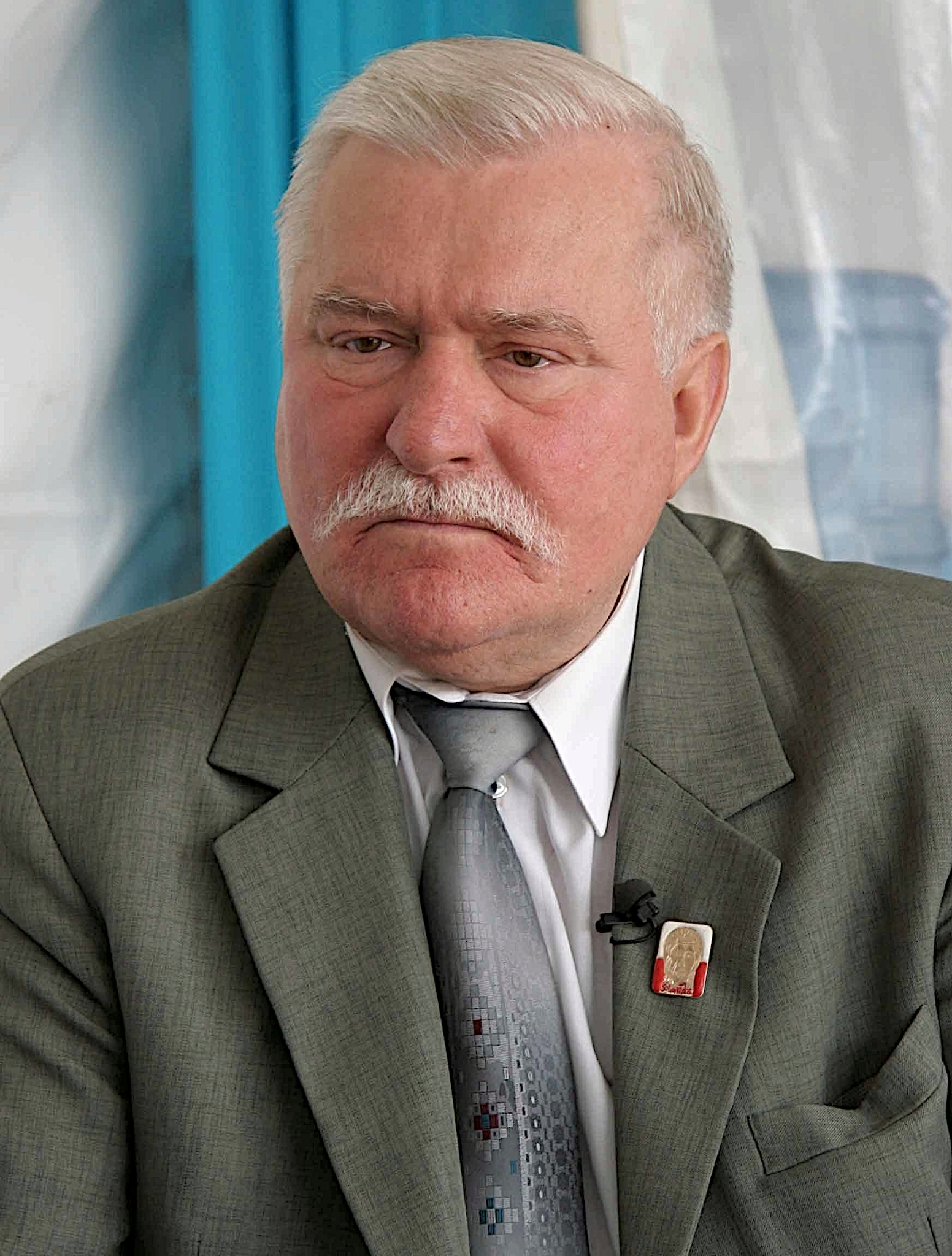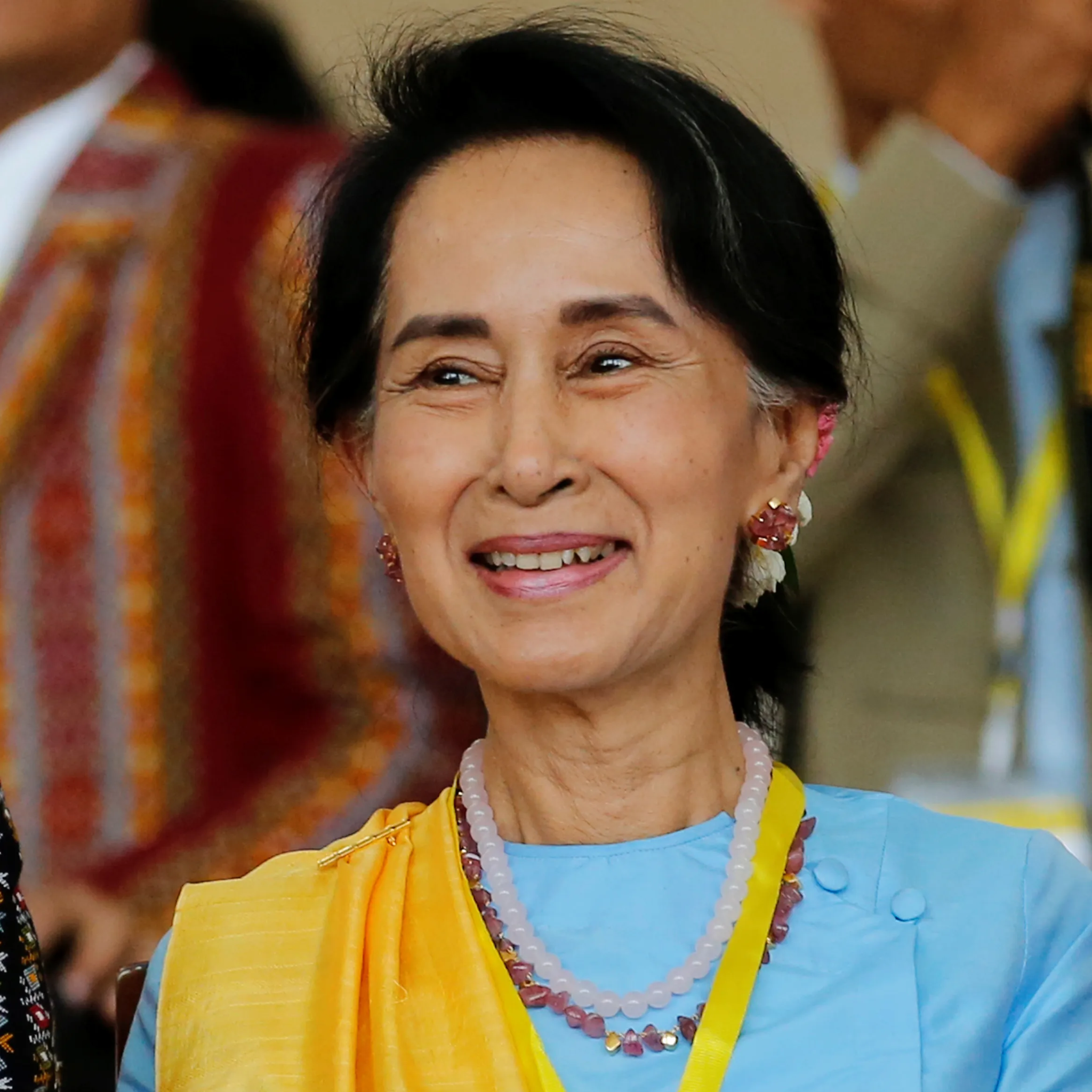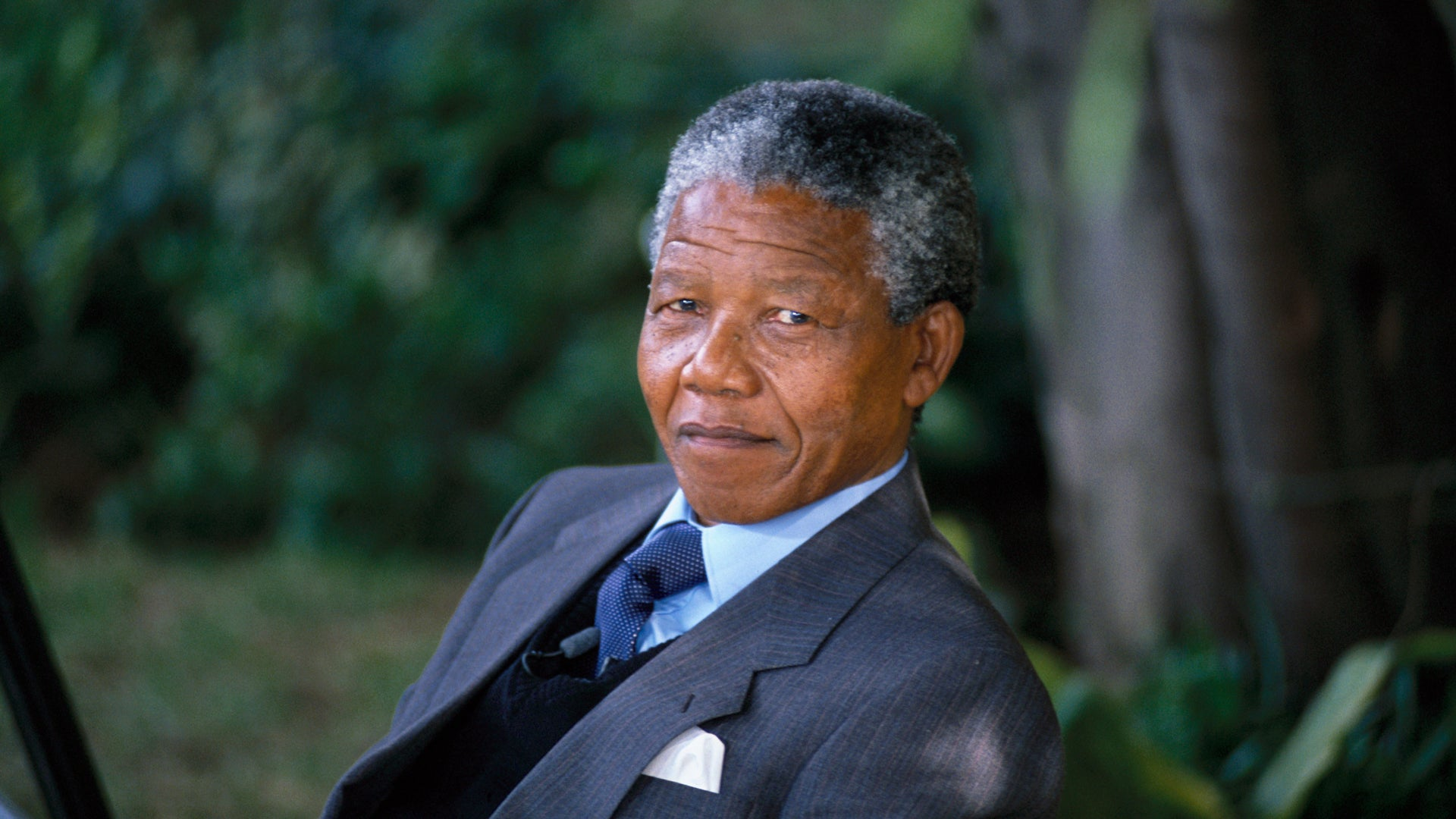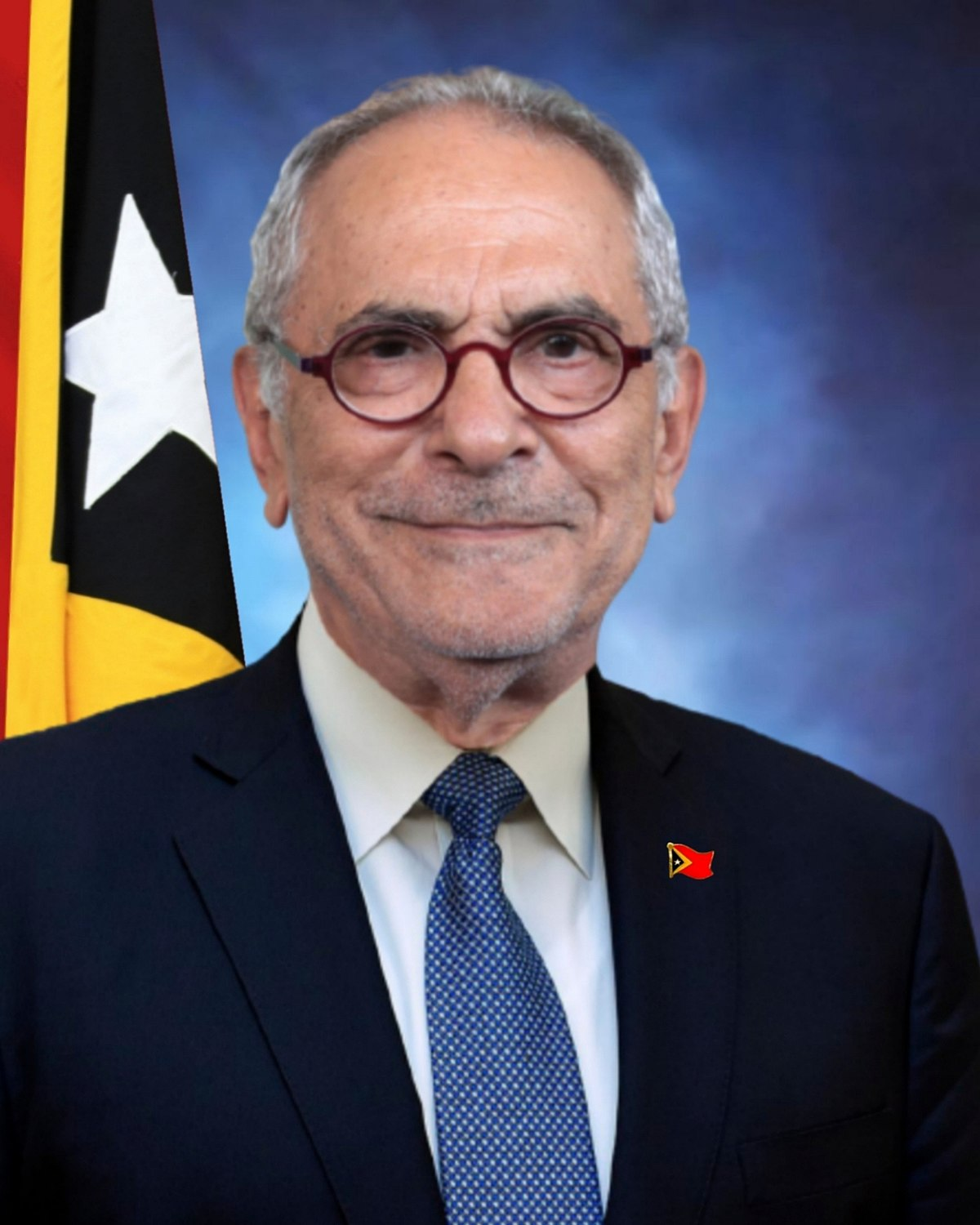Important Facts For Prelims
Nobel Laureates Transitioned to National Leaders
- 13 Aug 2024
- 6 min read
Why in News?
The recent news of Muhammad Yunus, the Nobel Peace Prize laureate of 2006, set to assume leadership of Bangladesh's interim government has reignited interest in the history of Nobel laureates who have served as heads of state.
- Yunus is known for his work in microfinance and poverty alleviation. His expertise in economics and social entrepreneurship may shape the interim government's focus on poverty reduction and economic development.
Who are the Other Nobel Laureates Who Led Their Countries?
- Lester B. Pearson: Served as the Canadian prime minister from 1963 to 1968, and a leader of the Liberal Party.
- He introduced a national pension plan, and a family assistance program, broadened old-age security benefits, and laid the groundwork for universal healthcare in Canada.
- Nobel Peace Prize: Awarded in 1957 for his role in resolving the Suez Crisis, where he came up with the idea of the UN's first large-scale peacekeeping force after hostilities commenced, allowing the aggressors to withdraw their forces appear to have been defeated.
- Lech Wałęsa: He was a Polish activist who opposed communism and the first democratically elected president of Poland from 1990-95.
- He founded and led the Solidarity trade union, which in 1989 brought an end to communist rule in Poland.
- Nobel Peace Prize: Won in 1983 for his non-violent struggle for free trade unions and human rights in Poland.
- Aung San Suu Kyi: She was the State Counsellor of Myanmar, the de-facto head of the government equivalent to a prime minister, from 2016 to 2021 after leading Myanmar's transition from military rule to partial democracy in the 2010s.
- Suu Kyi rose to prominence during the uprising of 1988 when she founded the anti-junta National League for Democracy (NLD).
- She led Myanmar’s transition to partial democracy, although her tenure has been marred by controversy.
- Nobel Peace Prize: Awarded in 1991 "for her non-violent struggle for democracy and human rights" in Myanmar.
- Suu Kyi rose to prominence during the uprising of 1988 when she founded the anti-junta National League for Democracy (NLD).
- Nelson Mandela: He was the first Black president of South Africa, elected in 1994 after the peaceful termination of the apartheid system, for which he and President Frederik Willem de Klerk were awarded the Nobel Peace Prize in 1993.
- Mandela joined the African National Congress in 1943 and was repeatedly arrested for his anti-apartheid activities, eventually being sentenced to life in prison in 1962. After 27 years in prison, he was released in 1990 and over the next four years negotiated a peaceful end to apartheid with de Klerk.
- José Ramos-Horta: He has been the president of East Timor since 2022. He was a leader of the resistance movement that led to East Timor's independence from Indonesia in 2002, the first new sovereign state of the 21st century.
- Nobel Peace Prize: Won in 1996 for advocating for a peaceful resolution to the conflict in East Timor.
Note:
- Many other leaders have won after serving their terms as heads of state (former Israel PM Shimon Peres or former US President Jimmy Carter) or during their terms (former US President Barack Obama, former UK PM Winston Churchill and Ethiopia's Abiy Ahmed).
- Of the 30 Nobel recipients to serve as a country's head of state/government, 29 won the Nobel Peace Prize with Winston Churchill, who won the Nobel for Literature in 1953, the only exception.
Why is it Significant to have Nobel Laureates in Leadership Roles?
- Symbol of Hope: Their recognition often brings international attention and credibility to their leadership.
- Advocacy for Peace and Justice: Nobel laureates are frequently associated with ideals of peace, democracy, and human rights, setting a moral precedent for governance.
- Inspiration for Future Leaders: Their journeys can inspire emerging leaders to pursue significant social and political change.
- However, it's important to acknowledge that not all Nobel laureates have been successful in translating their esteemed recognition into effective governance, as evidenced by the challenges faced by leaders like Ethiopia's Abiy Ahmed (Nobel Peace Prize in 2019) and Myanmar's Aung San Suu Kyi.
UPSC Civil Services Examination Previous Year Question (PYQ)
Prelims
Q. Who among the following scientists shared the Nobel Prize in Physics with his son? (2008)
(a) Max Planck
(b) Albert Einstein
(c) William Henry Bragg
(d) Enrico Fermi
Ans: (c)
Q. Nobel Prize winning scientist James D. Watson is known for his work in which area? (2008)
(a) Metallurgy
(b) Meteorology
(c) Environmental protection
(d) Genetics
Ans: (d)

